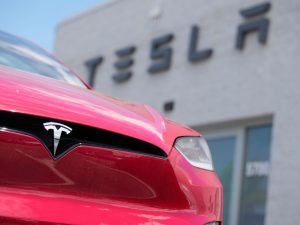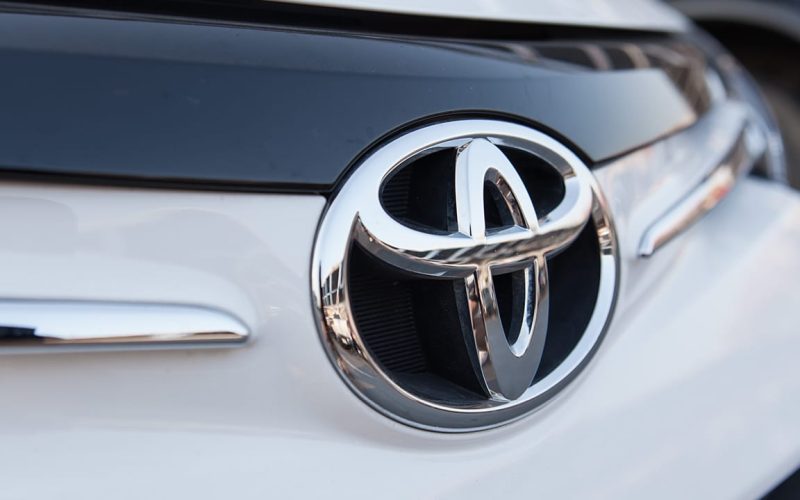In the ever-evolving landscape of automotive technology, the rivalry between traditional combustion engines and electric vehicles (EVs) has intensified. While Tesla has dominated the narrative with its innovative electric cars, Toyota, a stalwart of the automotive industry, is placing a bold bet on a new line of combustion engines. This move by Toyota not only challenges the conventional wisdom favoring EVs but also underscores the company’s commitment to refining existing technologies. This article delves into Toyota’s strategy, the implications of its decision, and how it stacks up against Tesla’s electric vision.
Toyota’s New Combustion Engine: Innovation Amidst Disruption

Toyota’s decision to invest in a new line of combustion engines amid the rise of EVs might seem counterintuitive at first glance. However, it reflects the company’s pragmatic approach to innovation. While acknowledging the potential of electric propulsion, Toyota remains convinced of the untapped potential in enhancing the efficiency and performance of combustion engines. The new engines are poised to integrate advanced technologies, including lean-burn combustion and variable compression ratios, to maximize fuel efficiency and reduce emissions.
Implications of Toyota’s Strategy
- Market Resilience: By doubling down on combustion engines, Toyota is hedging its bets against the uncertainties surrounding EV adoption. This strategy ensures that the company remains competitive in markets where EV infrastructure and consumer demand are still evolving.
- Environmental Impact: Despite the emphasis on electrification, the global automotive fleet will continue to feature combustion-powered vehicles for years to come. Toyota’s focus on improving the efficiency of these engines could significantly mitigate their environmental impact, especially in regions with inadequate EV infrastructure.
- Technological Evolution: Toyota’s investment in combustion engines underscores the belief Tesla that there’s still room for innovation in traditional powertrains. By leveraging advancements in materials science, combustion dynamics, and engine management systems, Toyota aims to set new benchmarks for performance and efficiency.
Comparative Analysis: Toyota vs. Tesla
| Metrics | Toyota’s Combustion Engine | Tesla’s Electric Vehicles |
|---|---|---|
| Performance | Emphasizes refinement of combustion technology for optimal performance under various conditions. | Focuses on maximizing range, acceleration, and overall driving experience through electric propulsion. |
| Environmental Impact | Aims to reduce emissions and improve fuel efficiency through advanced combustion techniques. | Zero tailpipe emissions; relies on renewable energy sources for charging. |
| Infrastructure | Compatible with existing fueling infrastructure, reducing the need for significant infrastructure investments. | Requires a robust network of charging stations for widespread adoption. |
| Cost | Potential for cost-effectiveness due to leveraging existing infrastructure and economies of scale in manufacturing. | Initial purchase cost may be higher, but lower operating and maintenance costs over the vehicle’s lifetime. |
| Consumer Adoption | Appeals to consumers who prioritize familiarity and long-term reliability over the latest technological trends. | Attracts early adopters and tech enthusiasts who value innovation and environmental sustainability. |
Conclusion
Toyota’s decision to invest in a new line of combustion engines represents a strategic divergence from the prevailing trend towards electrification. By prioritizing the refinement of existing technologies, Toyota aims to carve a unique path in the automotive industry, one that balances innovation with practicality. While Tesla continues to spearhead the electric revolution, Toyota’s commitment to combustion engines underscores the belief that there’s still ample room for improvement in traditional powertrains. Ultimately, the competition between combustion engines and electric vehicles will drive unprecedented advancements, offering consumers a diverse array of choices to suit their preferences and priorities in the years to come.












